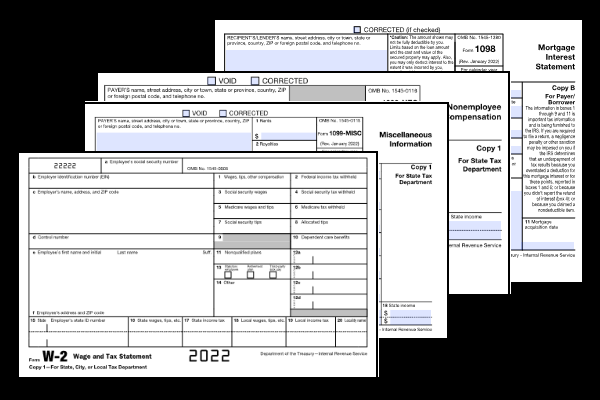Generally, retirement-savers must pay a 10% penalty tax on distributions received from a traditional IRA before age 59½, but the tax code includes several exceptions to the penalty.
Take steps for SEPPs. Frequently, exceptions to the penalty tax are available for one-time payments. But you can also avoid this adverse tax consequence by arranging to receive a series of “substantially equal periodic payments” (SEPPs) for at least five years or until you reach age 59½, whichever is later. For example, if you’re age 50 now, the payments must continue for at least 9½ years. The IRS bases the payment amounts on your life expectancy (or the joint life expectancy of yourself and a designated beneficiary).
Avoid penalty on IRS levies. Most exceptions to the 10% penalty tax on early IRA distributions are pretty well-known. For example, it’s not surprising to many people that payouts aren’t subject to the usual penalty if they are made on account of death or disability. However, a lesser-known exception applies to IRA withdrawals used to pay IRS levies against the account. In a new case, a taxpayer qualified for this exception, even though he had pled guilty to embezzlement of funds (Frank, DC-VA, 2/22/22).
Find cure for penalty. If you need IRA funds to help pay for medical expenses, you may qualify for an exception to the penalty. But this tax break only applies to expenses above the annual medical deduction threshold. For 2022, the threshold is 7.5% of adjusted gross income (AGI), down from its prior level of 10% of AGI. Example: A taxpayer in a new case didn’t properly substantiate medical expenses for this purpose, but the point was moot. His expenses, even if completely allowed, didn’t exceed 10% of his AGI (Salter, TC Memo 2022-29, 4/5/22).
Thanks for reading CPA Practice Advisor!
Subscribe Already registered? Log In
Need more information? Read the FAQs




